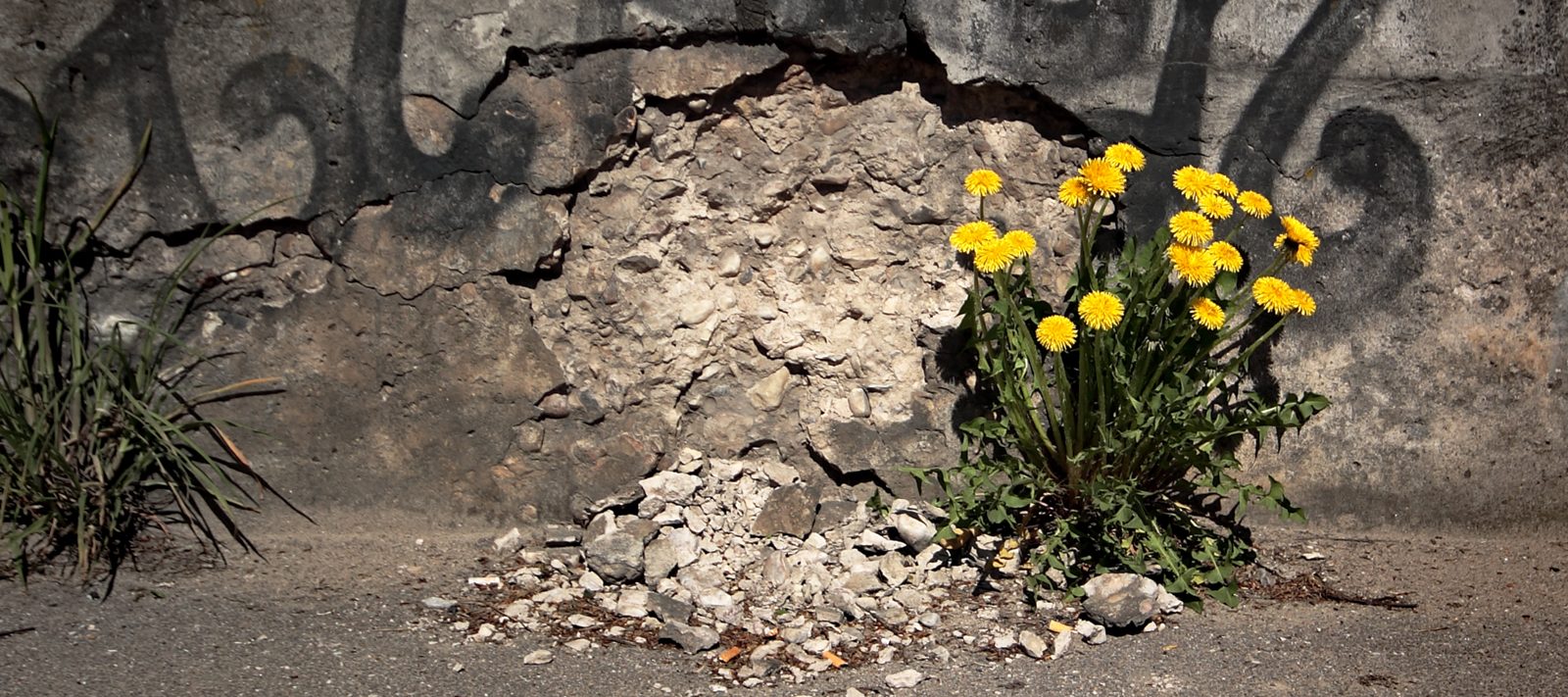What is Rewilding?
[The above video is a presentation that I gave at the 2015 Rewild Portland fundraiser]
Rewild, v; to return to a more wild or self-willed state; the process of undoing domestication. Synonyms: undomesticate, uncivilize.
Rewilding literally means the un-doing of domestication. This becomes a difficult thing for many people to understand, as the terms “wild” and “domestic” have diverse meanings and interpretations. The evolution of the meaning behind rewilding has been a long and complex one. There are two main rewilding movements that are distinct enough from one another to warrant separate wikipedia entries. One is in the field of conservation biology and the other arose from the anarcho-primitivist critique of civilization.
The term was allegedly coined by Earth First activist Jesse Wolf Hardin in a 1985 essay called “The Rewilding.” It was later appropriated by conservation biology, in which Dave Foreman and others propose “rewilding” large areas of land in order to curb the loss of biodiversity that we are experiencing as a result of the growth of human civilization. From the conservation biology perspective, the “wild” or “wilderness” is land that is untouched by humans, connected through corridors, and populated with apex predators. It is an extension of the original ideas of conservation, that human impacts are generally bad (and not one of the apex predators that we should re-introduce). These ideas were born out of the earliest American conservationists who played a large role in creating the national forests and protected wilderness zones within the United States. This version of rewilding does not have a critique of civilization, and does not look at how humans lived sustainably around the world as hunter-gatherers before the anthropocene.
 The term continued to be used in its original context, within the anti-civilization, Anarcho-Primitivism, a subculture of anarchism in which so-called “primitive” hunter-gatherers are considered to live in the truest form of anarchy, and civilization is seen as an inherently destructive force. In the early 2000’s, proponents of these ideas, such as John Zerzan and Kevin Tucker, published a magazine called Green Anarchy that focused on anarcho-primitivism and rewilding. Rewilding is the act of returning to the hunter-gatherer lifeway through the abandonment and dismantling of civilization and the systems of domestication. This outlook took rewilding further than the appropriative conservation movement, and went after the root causes of the anthropocene extinctions; human civilization. The premise that civilization will be greatly diminished through an impending “collapse” is central to human rewilding, so far as that it will open up the ability to rewild unencumbered by the control of empire.
The term continued to be used in its original context, within the anti-civilization, Anarcho-Primitivism, a subculture of anarchism in which so-called “primitive” hunter-gatherers are considered to live in the truest form of anarchy, and civilization is seen as an inherently destructive force. In the early 2000’s, proponents of these ideas, such as John Zerzan and Kevin Tucker, published a magazine called Green Anarchy that focused on anarcho-primitivism and rewilding. Rewilding is the act of returning to the hunter-gatherer lifeway through the abandonment and dismantling of civilization and the systems of domestication. This outlook took rewilding further than the appropriative conservation movement, and went after the root causes of the anthropocene extinctions; human civilization. The premise that civilization will be greatly diminished through an impending “collapse” is central to human rewilding, so far as that it will open up the ability to rewild unencumbered by the control of empire.
Both of these avenues of rewilding emerged through environmental and social activism (Earth First! and Anarcho-primitivism), as ways of diminishing the effects of civilization’s destruction of ecosystems. Both present challenges to the mainstream culture. Whereas conservation rewilding continues to have civilization as a given (it’s here to stay), the anti-civilization rewilding sees civilization as an inherently destructive force of social and environmental justice that is already in the midst of a collapse, and must be dismantled and removed in order for authentic social and environmental justice. These two ideas are not that far off from each other, and will most likely merge as civilization’s decent picks up speed.
 I became entrenched in the concepts of rewilding in the mid 2000’s when I began the Urban Scout project. My blog was a place for me to write about rewilding and persuade others to join the rewilding movement. I created the website rewild.com to be a forum for people across the world to meet and discuss the ideas of rewilding. In 2008, after spending a couple of years writing, I compiled my short essays into a book titled “Rewild or Die.” From 2009 to the present, I have managed Rewild Portland, a non-profit that I founded. Rewild Portland is a trend-setting organization that sets the example of full-spectrum, grassroots rewilding. It is a marriage of conservation rewilding and human rewilding as a political movement away from civilization and the restoration of the wild.
I became entrenched in the concepts of rewilding in the mid 2000’s when I began the Urban Scout project. My blog was a place for me to write about rewilding and persuade others to join the rewilding movement. I created the website rewild.com to be a forum for people across the world to meet and discuss the ideas of rewilding. In 2008, after spending a couple of years writing, I compiled my short essays into a book titled “Rewild or Die.” From 2009 to the present, I have managed Rewild Portland, a non-profit that I founded. Rewild Portland is a trend-setting organization that sets the example of full-spectrum, grassroots rewilding. It is a marriage of conservation rewilding and human rewilding as a political movement away from civilization and the restoration of the wild.

